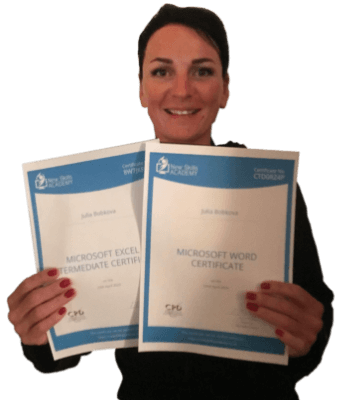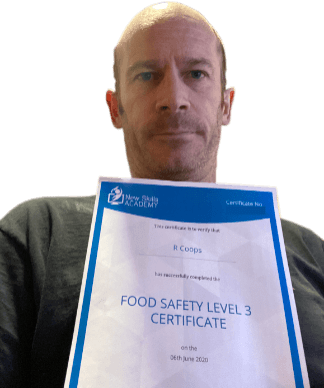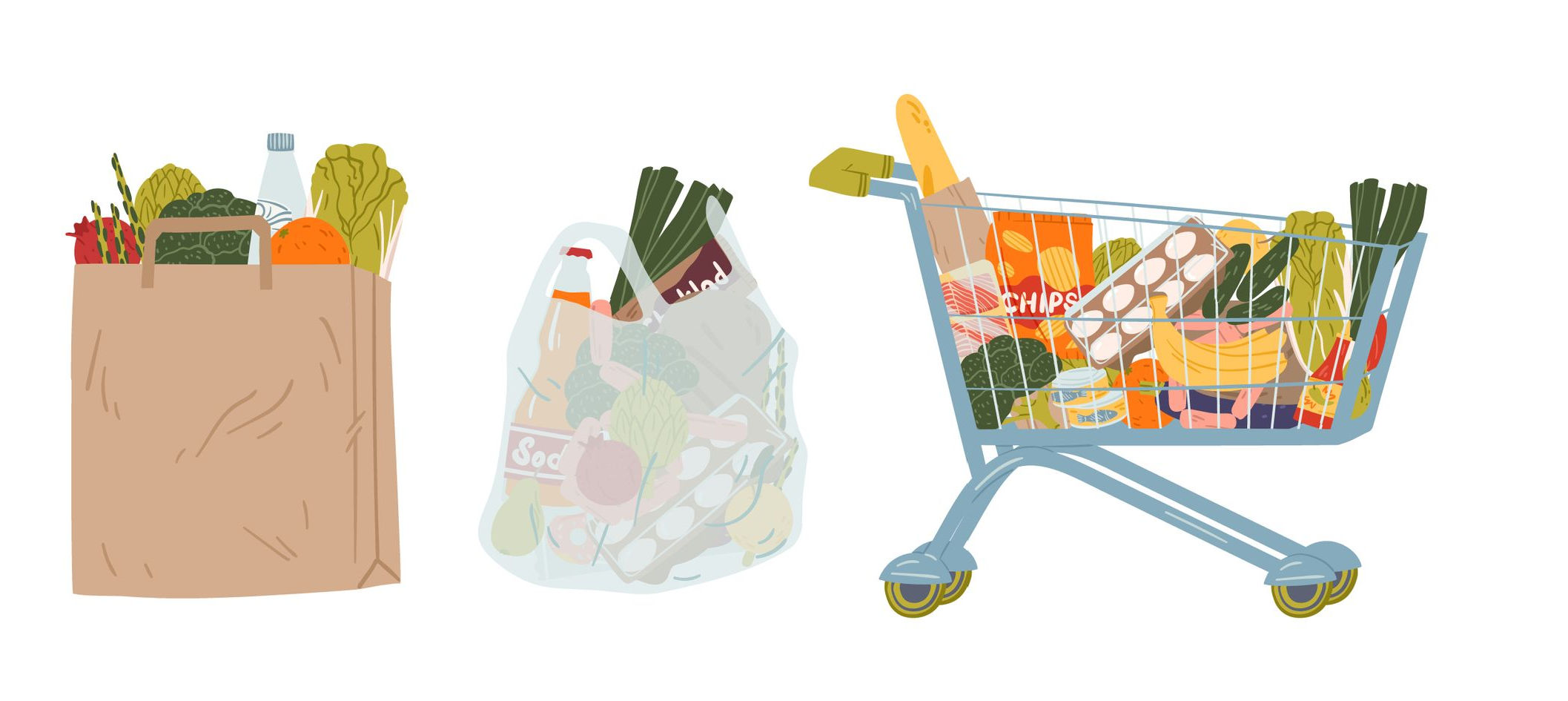Learning Blog
Cost Of Living Crisis: Food Shopping on A Budget
he cost of living has increased since Covid-19 and has severely affected many households that are struggling to cover basic expenses such as food, housing, energy, council taxes and water prices.
This, along with inflation (currently 11.1%, Nov 22), has meant that many households have faced a real-term pay cut in their annual salaries, which, unfortunately, doesn’t seem to be short-term.
Inflation And Food Prices
The consumer price index (CPI) indicates inflation at 11.1% which is due to energy prices increasing as a result of the war in Ukraine, disruption to the global supply chain because of the covid -19 lockdowns, and also the changes in regulations post-Brexit. Due to these events, the Office of National Statistics (ONS) has seen an increased cost of essential items by up to 17%.
- Pasta: 59.9%
- Tea: 46.0%
- Bread: 37.6%
- Biscuits: 34.4%
- Milk: 29.4%
- Crisps: 23.7%
Budgeting
According to the ONS, UK households spend around 16% of their budget on food and non-alcoholic drinks. Every year, the typical household spends approximately £3601 on groceries and an additional £1744 at restaurants and takeaways. Since the beginning of 2022, 93% of food banks have reported either an increase or a significant increase in demand for their services, with the Trussell Trust estimating that 2.5% of all households in the UK (700,000 people) will have used a food bank this year due to the cost-of-living crisis.
It is estimated that in 2022 the annual cost of food for 2.4 people will be approximately £5345, with £300 being spent on beverages and non-alcoholic drinks. This equates to an 8% increase from a year ago.
How Does Income Affect Spending?
Families which have disposable incomes greater than £72,000 per year spend three times as much on food and drink than those families with incomes under £11,650. Households on lower incomes spend disproportionate amounts on processed meats and milk, whereas higher-income households devote a higher percentage of their budget to fresh fruit and vegetables. The lower the income the greater amount of overall percentage of their entire budget is utilised to purchase food and drink, which gives this household less percentage for bills, taxes, housing, energy, water and disposable income.
Ways To Reduce Your Monthly Grocery Spend
Consider the following tips to cut the cost of your food bill.
Avoid Pre-Prepared Fruit and Vegetables
Try to avoid the consumer trap of paying overinflated prices for pre-cut/packaged produce, where original untouched produce is cheaper. If you need to buy pre-prepared produce, then try frozen. The prices will be lower compared to freshly pre-packaged items and will certainly last longer.
Buy In Bulk
If you have the cupboard space, then try bulk buying. Use stores such as Makro or Costco for your shopping as they offer many of the items you would usually buy in your local supermarket. As they sell their items in bulk, you will receive a generous discount/ trade price, however, be mindful that these wholesalers/specialists usually require you to have a membership. Start with items which have the greatest shelf life and can be used to create numerous meals such as pasta, rice, dried legumes, etc.
Buy The Supermarket’s Own Brand Items
If you would prefer to shop at the local supermarket and a wholesaler/trade specialist shop isn’t local, then try using the supermarket’s own brands for your shopping items. If you swap out your usual high-end brands for the supermarket’s own brand, you could save up to 30% on your supermarket shop, according to Moneysavingexpert.com.
You may be surprised to know that the usually high-end brands are made in the same factories as the ones which are ‘own brand’ or ‘value’ brands. Try the lower-priced brands and see if you can taste the difference. You could also try to do this for your washing items such as shower gels, washing powder, detergents and cleaning products, and see the savings stack up.
Start Collecting Coupons and Receiving Cashback
Collecting coupons from the local newspaper or magazines is still an option, however, most coupons and cashback are obtained through specific apps on your mobile phone.
Download cashback apps where you pay for an item in full, but your receipt becomes a coupon where you can get up to 100% back.
Sign up for loyalty schemes with your favourite supermarket or products and see the bonus offers they provide. They will also give you personalised bonuses on the brands/ items you usually buy. Check online codes on products at supermarkets.
Plan Your Meals
Deciding on what you are going to prepare each week, and only buying those specific ingredients, will be a surefire way to make tremendous savings. Not only can you buy in bulk on long-life foods, but you will also only buy the ingredients you are going to use, which will reduce frivolous spending and ensure you keep your budget intact.
If you batch cook your meals, you can save your pennies and also save time in the kitchen by not having to prepare meals daily.
Create A Shopping List and Don’t Shop When Hungry
Shopping when hungry will inevitably lead to splurging on sugary items, which not only do you not need but will unnecessarily cost you a fortune. Try to ensure that you are adequately satiated prior to going to the supermarket and that you have a shopping list of items you intend to buy.
From there, don’t deviate from the plan and only pick up those specific items, otherwise, you will be destroying your budget on needless shopping items.
SUMMARY
The cost of living has increased significantly in recent years, and food can be one of the biggest expenses. To cut the cost of your food bill, you should consider buying in bulk to get a discount when the price per item is cheaper.
You may also want to look for coupons or promotions that are available on a specific product or store and remember to plan ahead and don’t impulse buy. With a bit of planning and forethought, it is possible to cut down on the amount we spend each week on food, leaving more money for other necessities.
Learn with confidence...



 RRP
$100
RRP
$100
Get a FREE Course
Tick this box to Sign up for our newsletter, and get access to the Interview Skills and CV Writing Certificate course for free! By signing up, you agree to our Privacy Notice & Cookie Policy and to receive marketing and related emails from academy+ brands. You can unsubscribe at any time.What our students say about us...

I am a doctor. This course is well organized, covering all areas of CBT. The videos and practical tips are very helpful. All the modules are arranged with good explanations and examples. Also each module consists of quick test and assignment which enables you to gain knowledge. Finally I would like to thank the New Skills Academy team.
Dr. M. Arshad

This is a great course for any level of knowledge. Very easy to navigate, great practical tasks and explanations are very clear. You can revise any module with no problem. The test wasn’t too hard if you completed every module. It may be handy to make some notes before you start. Overall I'm very happy with my choice. Thank you New skills for my New skills :)
Julia Bobkova

Lovely course for people who want to know the basics and of sign language. It's has helped me to get more of an understanding and will greatly benefit me in my workplace. So easy to pick up and the videos were easy to understand. Would definitely recommend to anyone.
Chloe Hambly

Omg im so excited, over joyed and all the good stuff that comes to mind! Wonderful experience doing lessons with New Skills Academy. I look foward to doing more courses with them. I hope this will encourage others to come on board and refresh your minds or to learn something new, it's a win win situation. I want to thank New Skills Academy so much for making this as simple as possible for me.
Shari Anderson

Yet another well laid out course. This is my 3rd course so far with New Skills Academy.
More than likely will be back for another one soon. This course was enjoyable to do, and I learnt a lot and passed first try. My certificate will be up on the wall soon.
Rob Coops

Fantastic course! Well-presented and challenging with frequent assessments. I feel a serious sense of accomplishment having not studied for over 30 years! Videos that accompany each module are carefully thought out and informative. Am so impressed with this course, have now signed up for 3 other courses and recommending New Skills Academy to everyone!
Marva Hudson

The course was clearly set out with helpful end of week tests which built my knowledge. Being dyslexic I found the course was set out in an easy to understand way. I was able to pass the test on my first attempt. The downloaded pdf are a useful resource that you can keep forever. Looking forward to the next course
Ross Dunsten

Wow what an incredible insight for the start of anyone's journey in property. This course gives you so much information and there are tests and questions on each of the modules. The course is very easy to follow and well laid out. You can actually make notes on the pages of each module using the notes tab! I am very excited to say that I passed and I only spent one week on this course. I will print all the PDF information and keep it in a file with my certificate. I feel very confident for my future plans now I have completed this course.
Nichola Anderson




